India–China Talks: What Wang Yi’s Visit Really Means
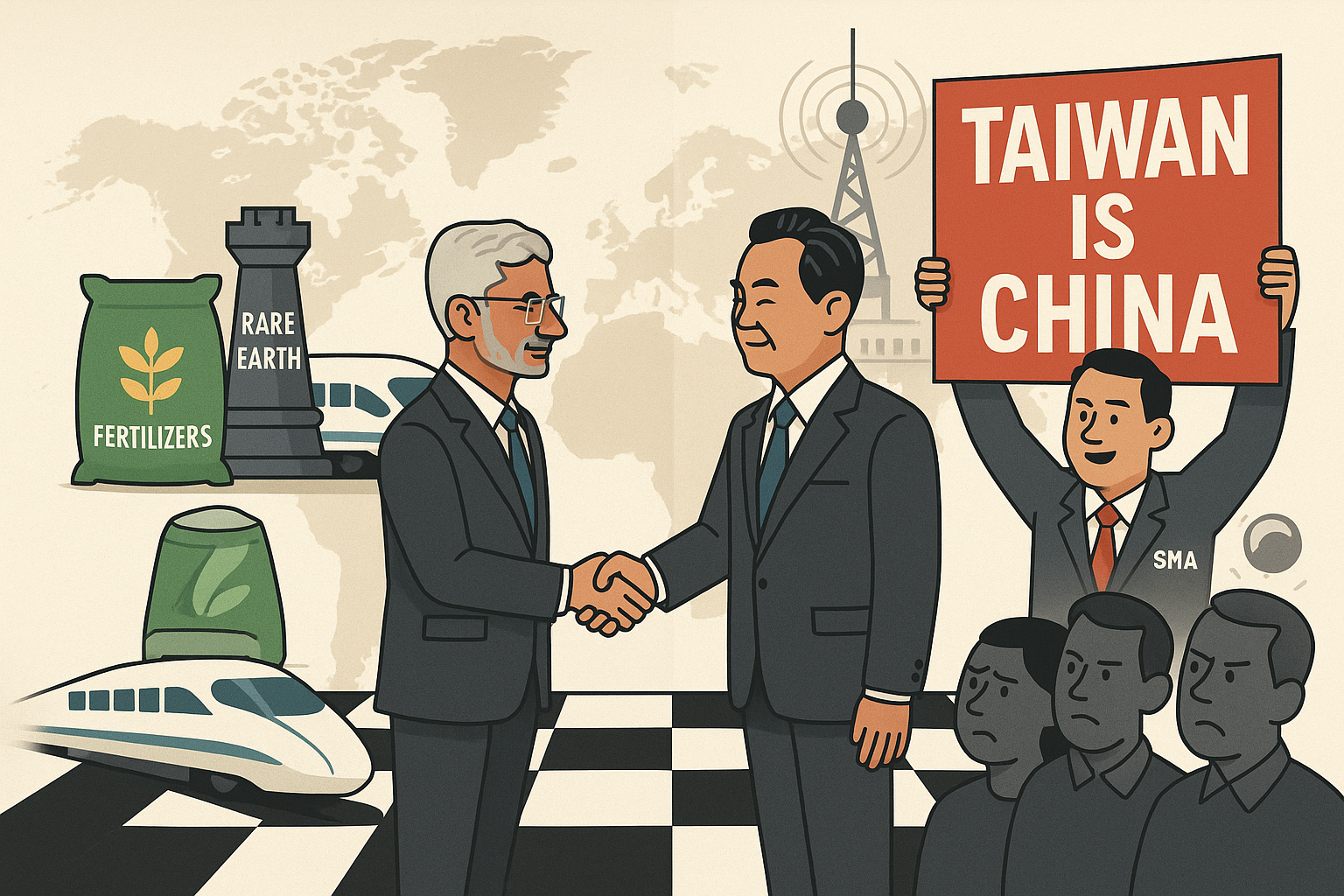
China’s Foreign Minister Wang Yi’s visit to India is being seen as a turning point in the India–China relationship. Meetings with S. Jaishankar and Ajit Doval have led to some positive announcements that could boost India’s growth. But behind the smiles, a subtle game is at play. While India benefits in areas like fertilisers, rare earth minerals, and the bullet train project, China is spinning its own story—claiming India now accepts Taiwan as part of China. This article breaks down what happened, why it matters, and what India must do next.
1. The Official Announcements: What India Gains
China has announced three important steps that will directly help India’s economy:
- Fertiliser Supply Resumes: China will restart exporting urea to India, reducing pressure on farmers and agriculture.
- Rare Earth Access: China has agreed to supply rare earth minerals, vital for industries like cars, electronics, and renewable energy.
- Bullet Train Boost: India’s ambitious Mumbai–Ahmedabad bullet train, delayed due to a lack of tunnel boring machines, may now get back on track with China’s cooperation.
On the surface, these are welcome decisions. They ease supply chain issues and ensure that India’s projects don’t stall. But the bigger story lies in the way China is shaping the narrative.
2. The Taiwan Spin: China’s Clever Propaganda
Soon after Wang Yi’s meetings, Chinese state media started pushing a story that India has accepted Taiwan as part of China. They claimed S. Jaishankar personally conveyed this to Wang Yi.
👉 This is false.
India has not officially repeated the “One China Policy” since 2010. The reason is simple: China doesn’t recognise “One India” when it comes to Kashmir, so why should India endorse “One China”?
Still, Beijing is using its state-controlled media to create a perception. Inside China, people are being told India welcomed Wang Yi, accepted Taiwan as China’s territory, and celebrated stronger ties. This builds domestic support for China’s policies and pressures India internationally.
3. Why China Is Playing This Game
China’s move is not random. It comes at a time when:
- India–US Relations Are Strained: Trump’s trade policies and protectionist stance have created friction.
- Quad Cooperation Is Weak: The Quad (India, US, Japan, Australia) failed to reduce dependence on China for rare earths.
- US Focus on Balochistan: America is exploring rare earth mining in Pakistan’s Balochistan, which could create conflict with both Pakistan and China.
China sees an opportunity: while the US pushes India away, Beijing is presenting itself as a partner. And to strengthen this image, it spreads the Taiwan narrative.
4. The Bigger Picture: India at a Crossroads
India faces a delicate balance.
- Economic Needs: Fertilisers, rare earths, and bullet train technology are urgent. China can provide them quickly.
- Strategic Concerns: Accepting China’s false Taiwan claim would weaken India’s geopolitical stance.
- Global Expectations: The US, Europe, and Japan expect India to resist China’s influence.
The challenge for India is to take the economic benefits without falling into Beijing’s trap of narratives and dependency.
5. What India Must Do Next
To handle this moment wisely, India should:
- Publicly Clarify Its Position – Make it clear that India has not accepted the Taiwan claim. Silence only helps China’s propaganda.
- Diversify Rare Earth Sources – Strengthen partnerships with Australia, Africa, and Latin America for rare earths.
- Invest in Domestic Capacity – India must accelerate self-reliance in fertilisers, critical minerals, and high-tech machinery.
- Engage with Allies – Revive Quad cooperation and make it meaningful, not just symbolic.
- Use Diplomacy Smartly – Keep dialogue with China open, but set red lines—especially on the border and sovereignty issues.
Conclusion
China’s Wang Yi may have brought good news for India’s economy, but behind it is a calculated attempt to rewrite the narrative on Taiwan. India must welcome cooperation where it helps, but also remain vigilant against propaganda that undermines its position. The coming SCO Summit could bring even bigger announcements. Until then, India’s task is clear: take the benefits, reject the false narratives, and strengthen long-term independence.
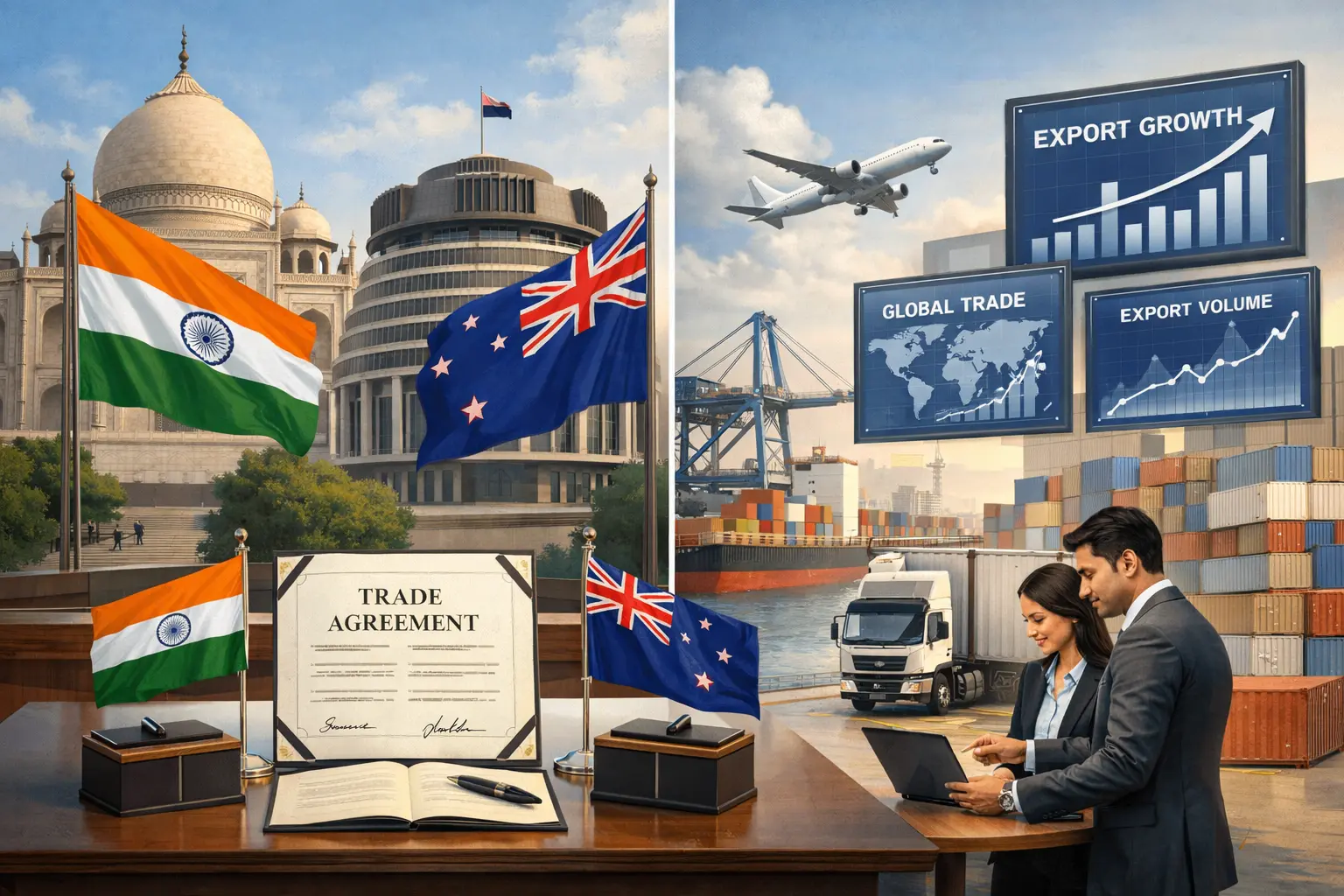
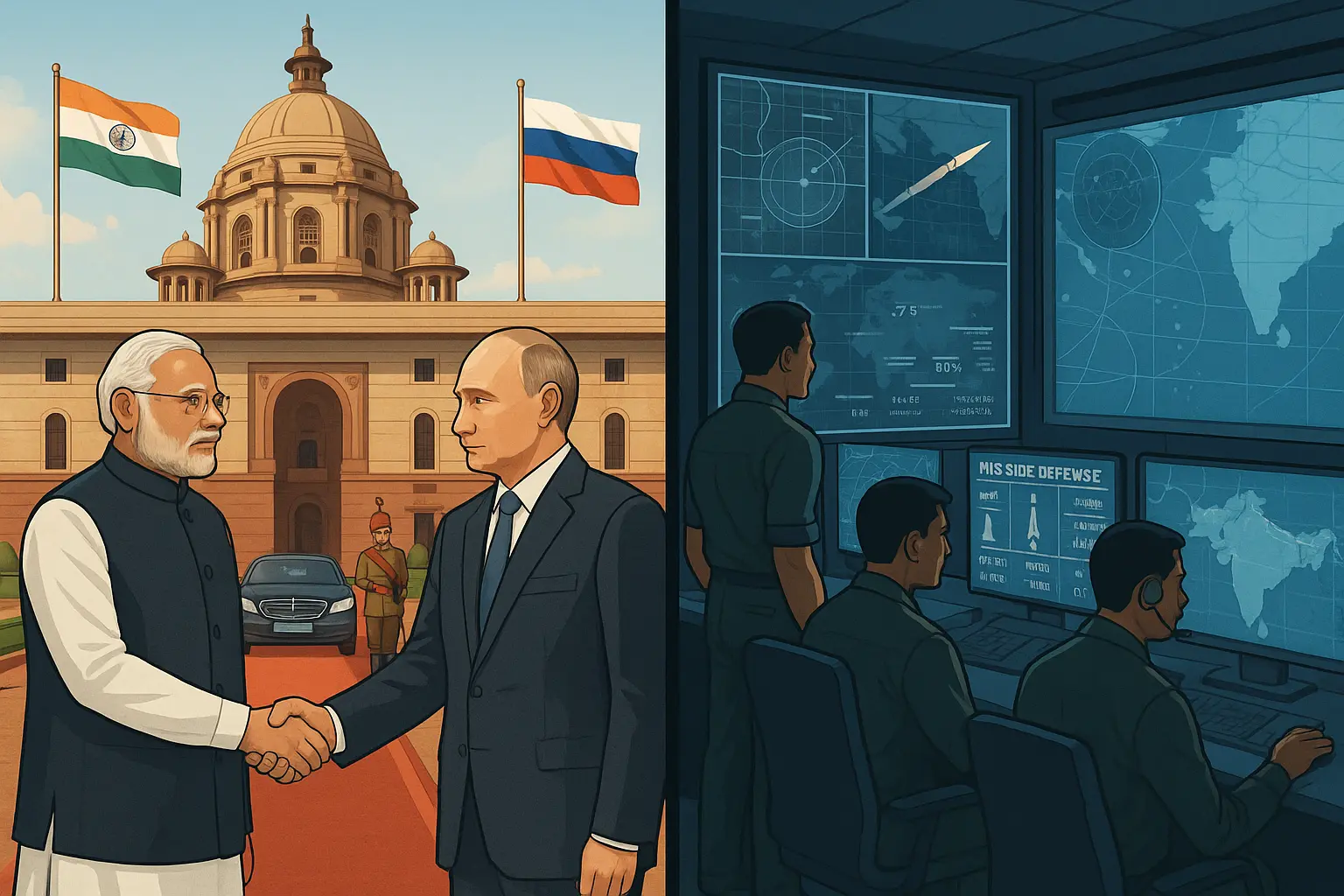
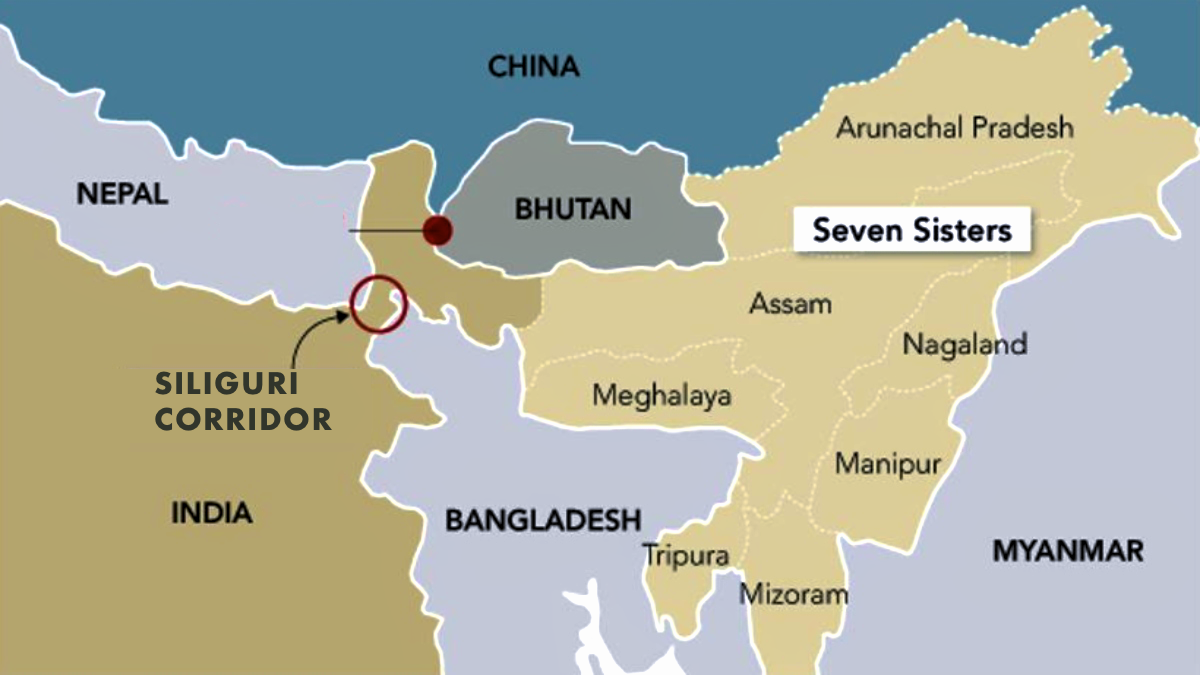
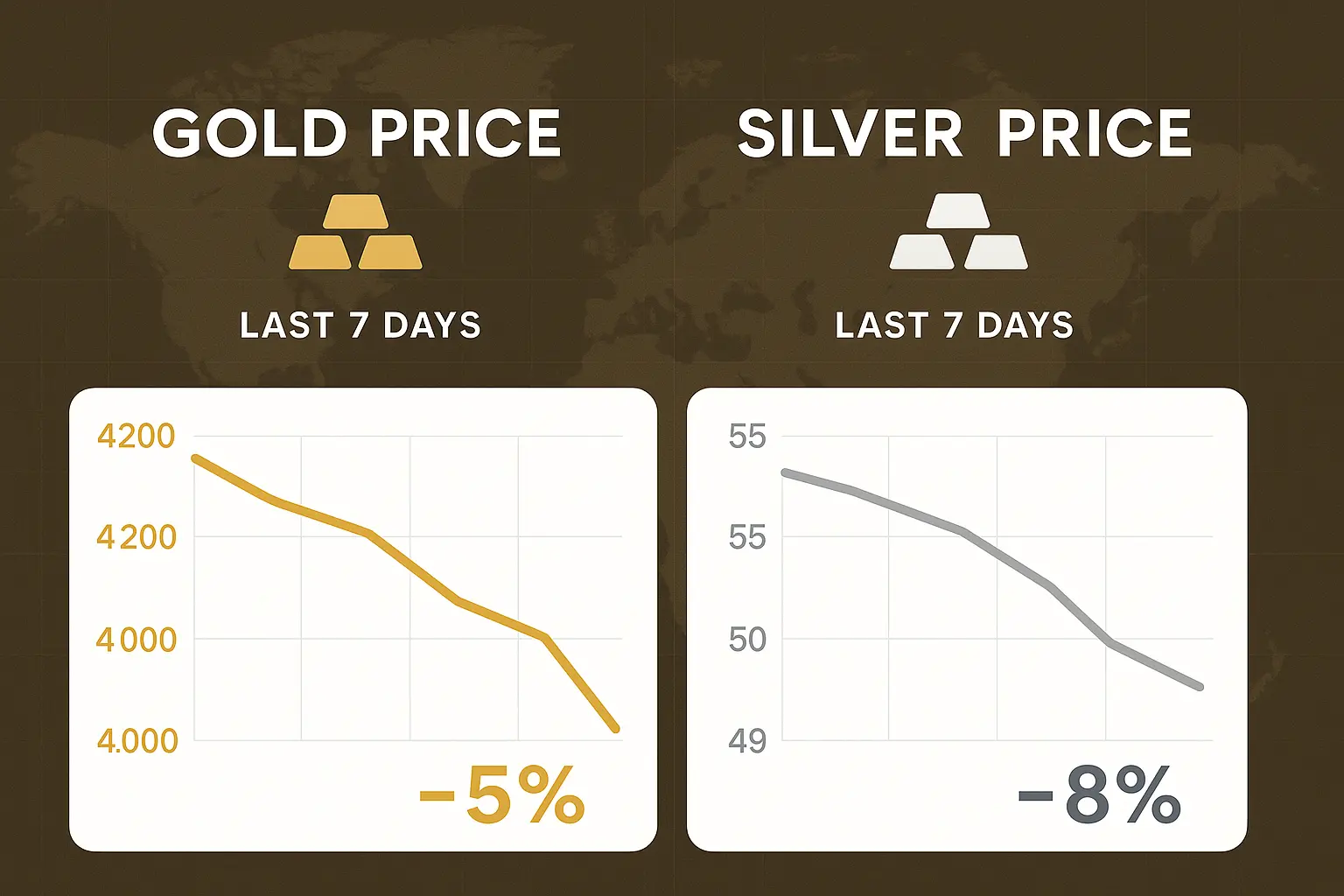

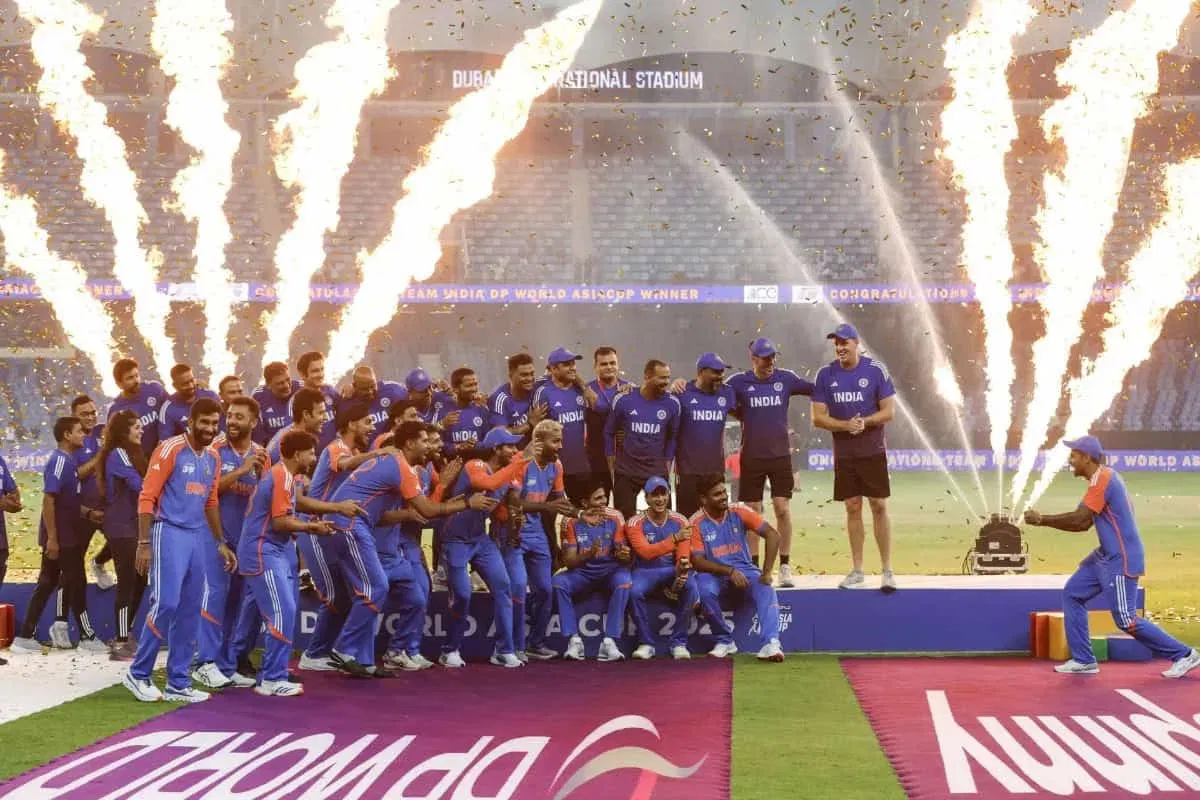
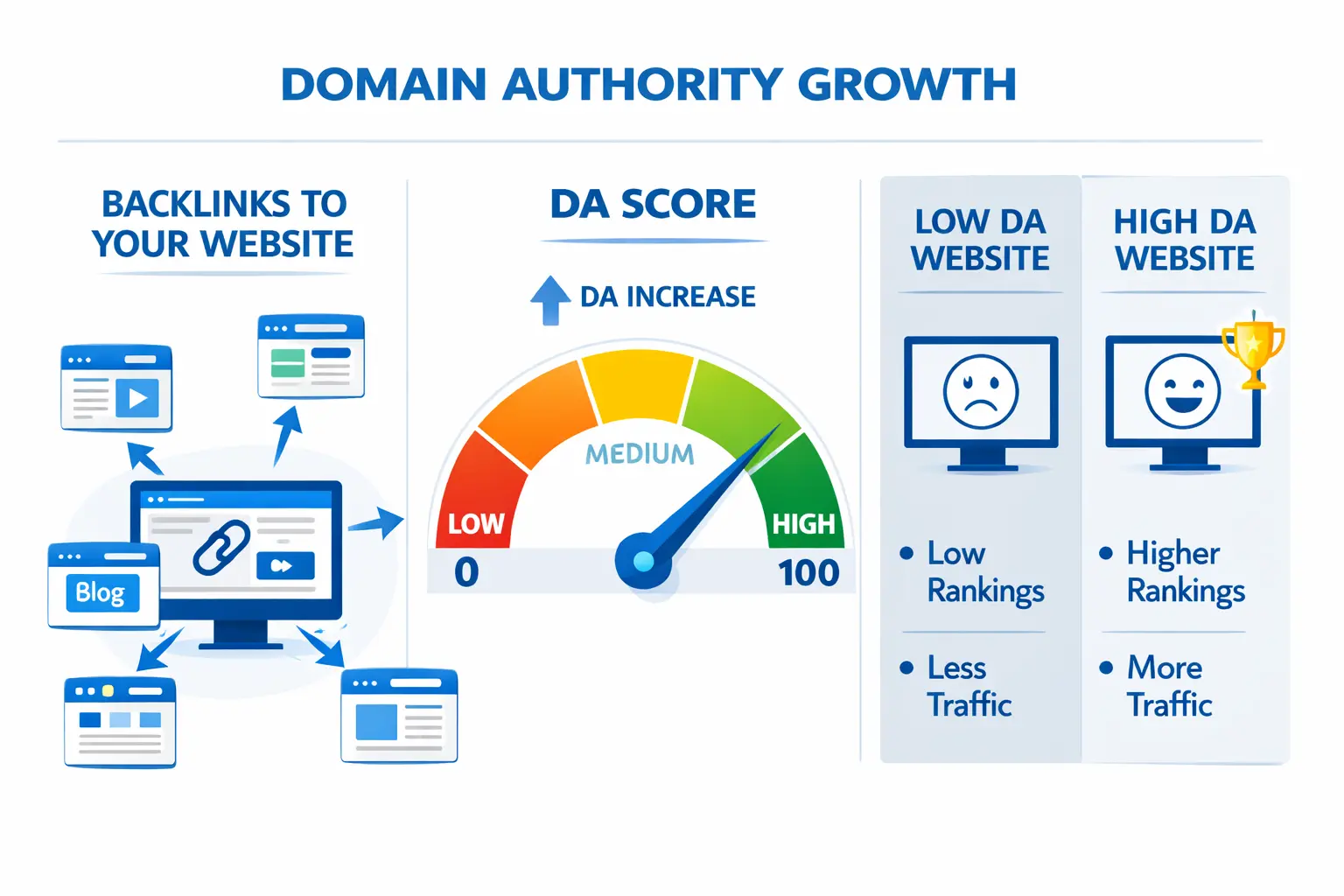


No comments yet. Be the first to comment!